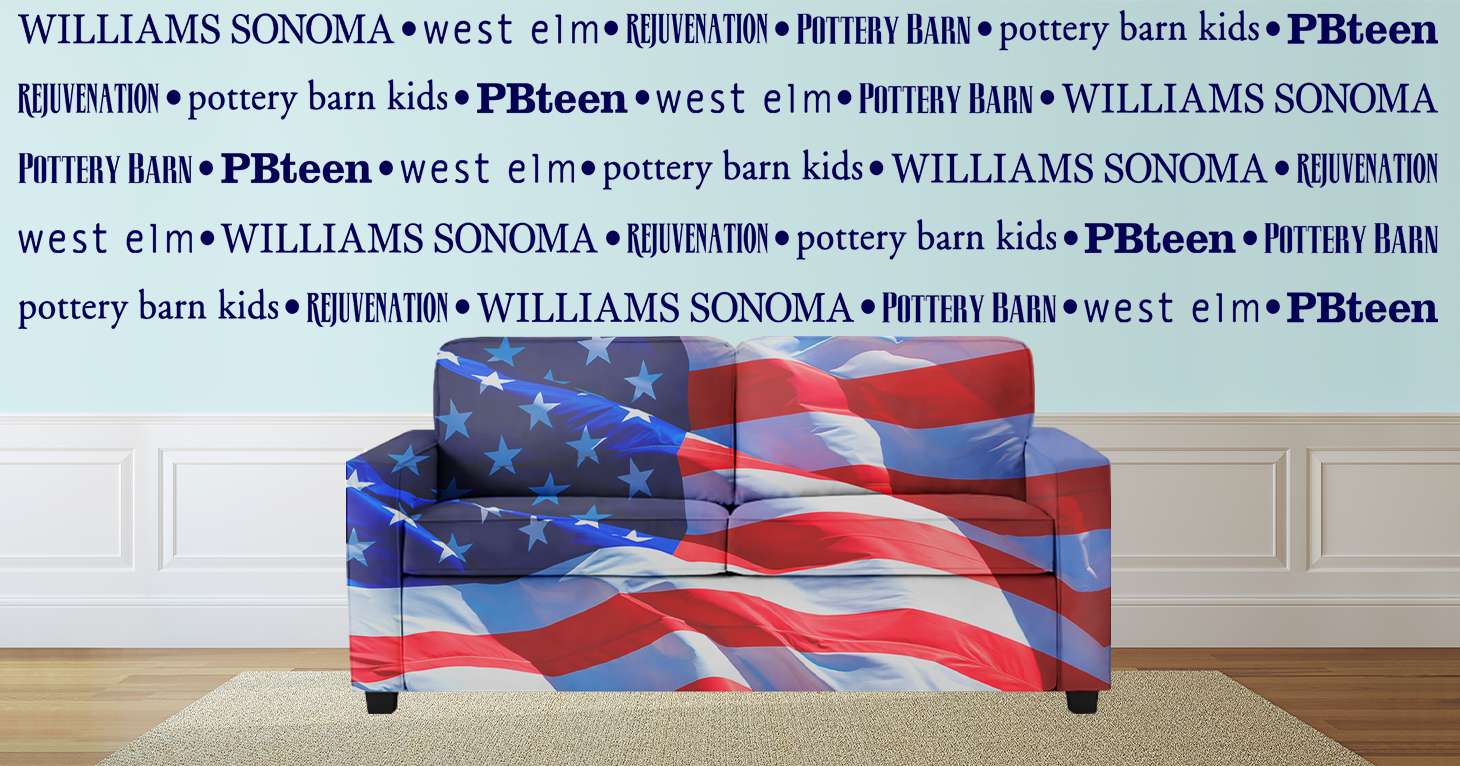
Williams-Sonoma
TINA.org investigated Williams-Sonoma and found that seven of its websites — Williams-Sonoma, Williams-Sonoma Home, Rejuvenation, Pottery Barn, PBteen, Pottery Barn Kids and West Elm — were marketing products as made in the USA when they were either imported or made with imported materials, according to inconspicuous origin information.
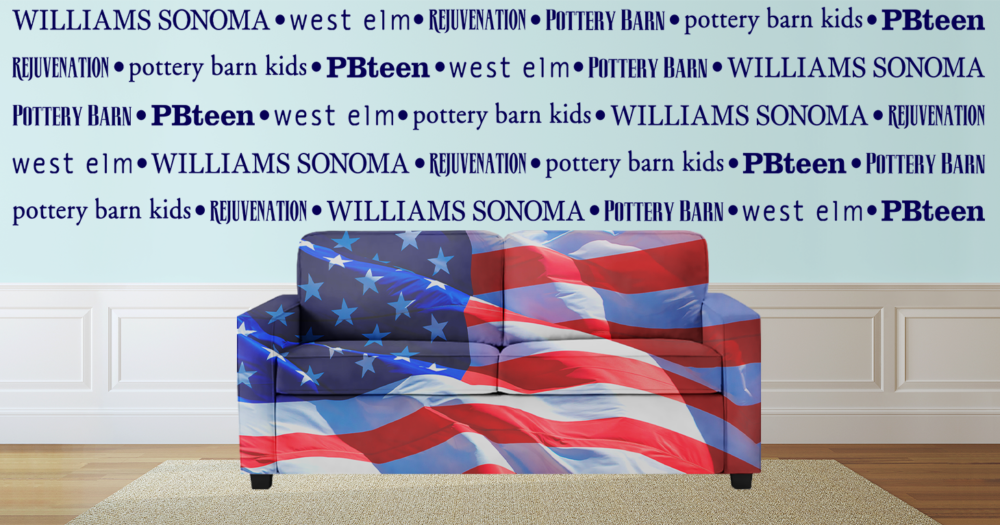
Highlights
- TINA.org filed complaint with FTC
- FTC filed action resulting in $1 million consent order
- TINA.org filed second complaint with FTC for company violating consent order
- FTC sued company for order violation resulting in $3.17 million civil penalty
Timeline
2024
April 25
A federal district court approves a settlement reached between Williams-Sonoma and the FTC requiring the retailer to pay a record civil penalty of $3.175 million for violating the 2020 FTC Order.
April 24
Upon finding that Williams-Sonoma has continued to make false and deceptive Made in USA claims about its products, the Department of Justice, on behalf of the FTC, sues Williams-Sonoma for violating the 2020 FTC Order requiring the retailer to tell the truth about whether the products it sells are Made in USA.
2023
August 16
TINA.org sends a second complaint letter to the FTC alerting it to the fact that Williams-Sonoma is violating the 2020 Consent Order and requesting that the Commission once again reopen its investigation into the company’s Made in the USA marketing and take appropriate enforcement action.
TINA.org also sends a copy of the complaint letter to Williams-Sonoma. Later the same day, the company removes the false U.S.-origin claim at issue and replaces it with the term “Imported.”
2020
March 30
The FTC files an administrative action against Williams-Sonoma claiming it made false and deceptive U.S.-origin claims about numerous products. To settle the charges, the company agrees to pay $1 million and to stop making false, misleading, or unsubstantiated U.S.-origin claims.
2019
May 21
TINA.org sends a complaint letter to the FTC requesting that it re-open its investigation into Williams-Sonoma’s Made in the USA marketing and take appropriate enforcement action.
2018
June 13
The FTC sends a closing letter to Williams-Sonoma following an investigation into the company’s marketing of certain Chinese-made products as “Crafted in America.” The FTC decides not to pursue its investigation further due to the company’s corrective actions and Williams-Sonoma’s representation that the false U.S.-origin claim at issue was an isolated error.
2017
October 31
As shown in TINA.org’s Social Media Influencer investigation, Williams-Sonoma is promoted by social media influencer Rachel Parcell, who failed to include adequate disclosures of her material connection to the brand in her posts.
Featured
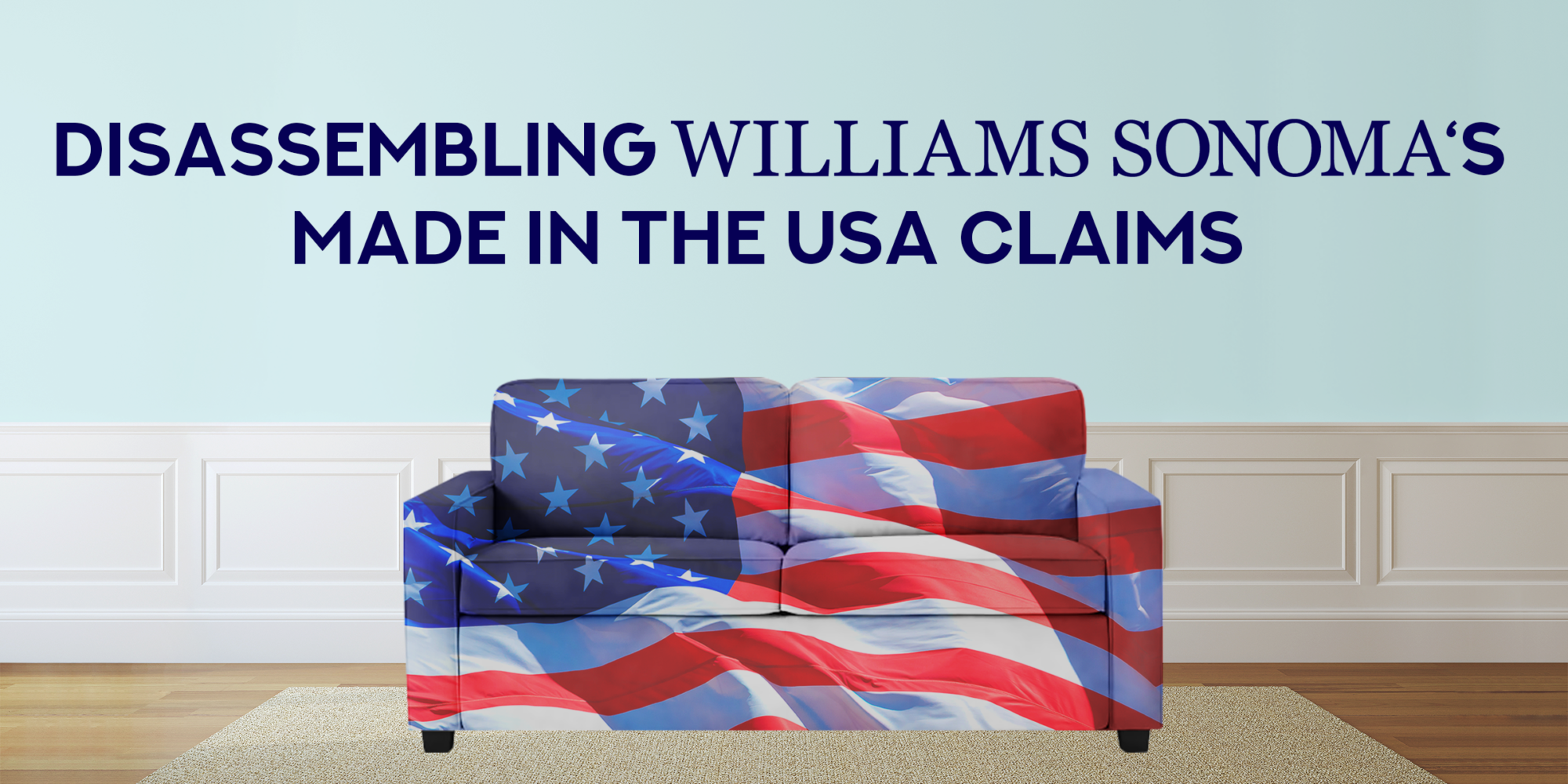
UPDATE: Williams-Sonoma to Pay $1 Million to Settle FTC Lawsuit over Misleading Made in USA Claims
Settlement comes after TINA.org alerted FTC to hundreds of products deceptively marketed as American-made.
The Latest

One Mom’s Goal to Buy American-made Products Can Teach Us All Something
CBS News

CATrends: Made in USA Claims
Lawsuits challenge American-made claims.

NCPW 2025: Fighting against Deceptive Marketing
If you’ve been misled by an ad, regulators want to hear from you. We do too.

Holiday Shopping: Separating the Real Deals from the Fake Ones
TINA.org offers some tips on how to avoid a shopping mishap this season.
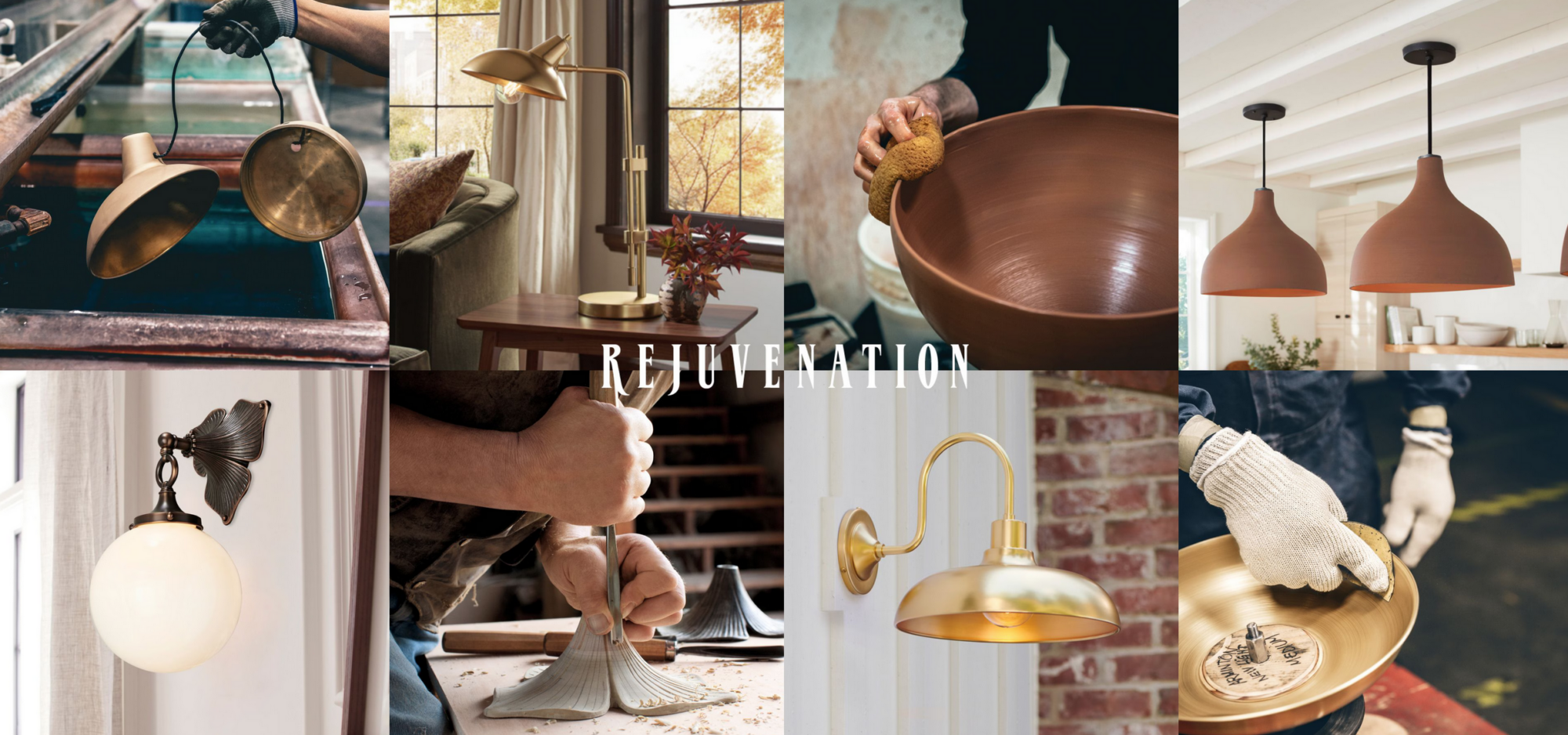
Rejuvenation: ‘Free Shipping Site-Wide’
Lawsuit accuses retailer of reneging on free shipping offer.

The Importance of Being a Complainer
You have the power to hold deceptive marketers accountable.

Williams-Sonoma must pay $3.2 million for falsely claiming products were “Made in the USA”
Eric Lagatta, USA Today
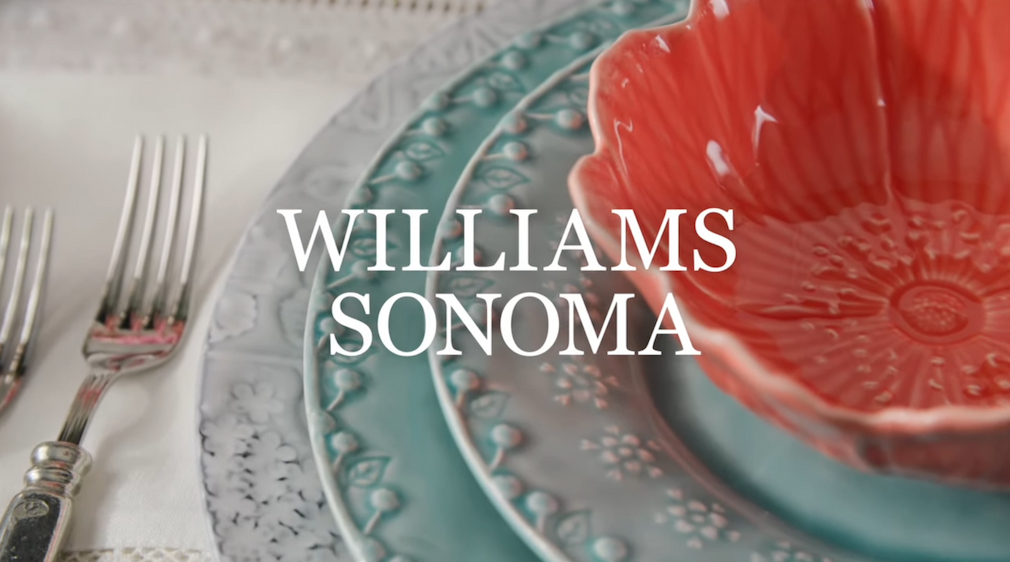
Acting on TINA.org Complaint, FTC Busts Williams-Sonoma, Again
Following a complaint by ad watchdog truthinadvertising.org (TINA.org), Pottery Barn’s parent company Williams-Sonoma has agreed to pay more than $3 million for violating a 2020 FTC consent order requiring that…

How a TINA.org Reader Tip Led to a Record Penalty for False Made in USA Claims
FTC says civil penalty against Williams-Sonoma is “the largest ever in a Made in USA case.”
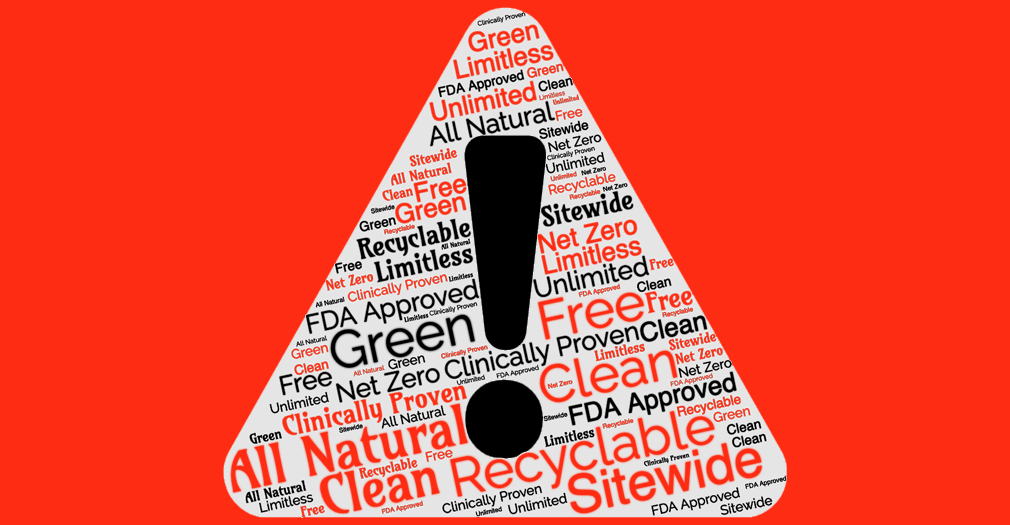
April Fools: How Some Companies Prank Consumers with Common Marketing Terms
These definitions are a joke.
Class-Action Tracker
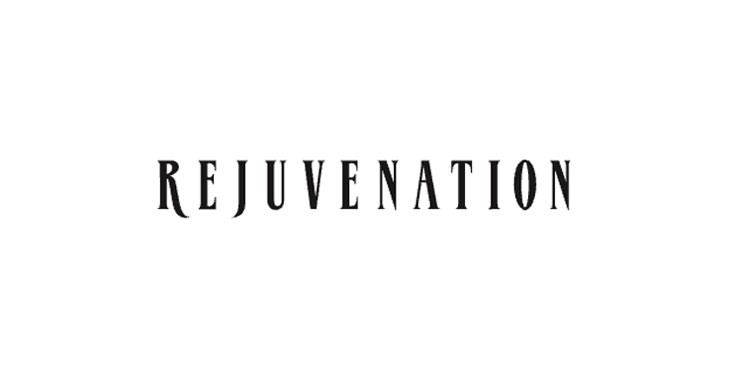
Rejuvenation’s “Free Shipping Site-Wide” Claims
Allegations: Falsely advertising “Free Shipping Site-Wide”
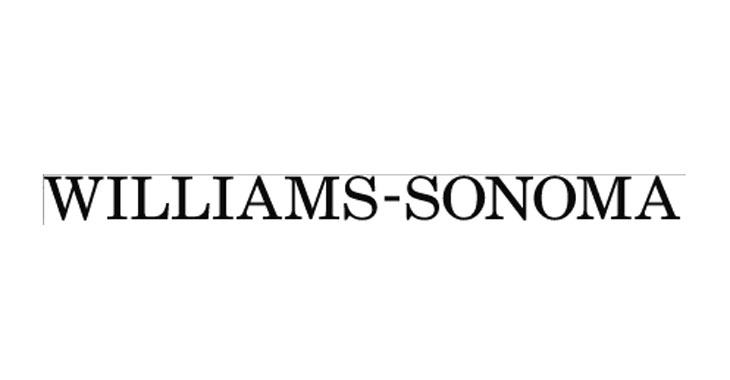
Baby Crib Bumpers from Pottery Barn and Williams-Sonoma
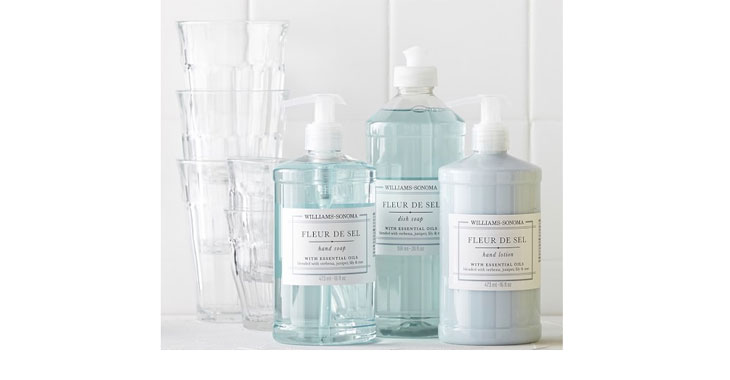
Williams-Sonoma’s Natural Claims
